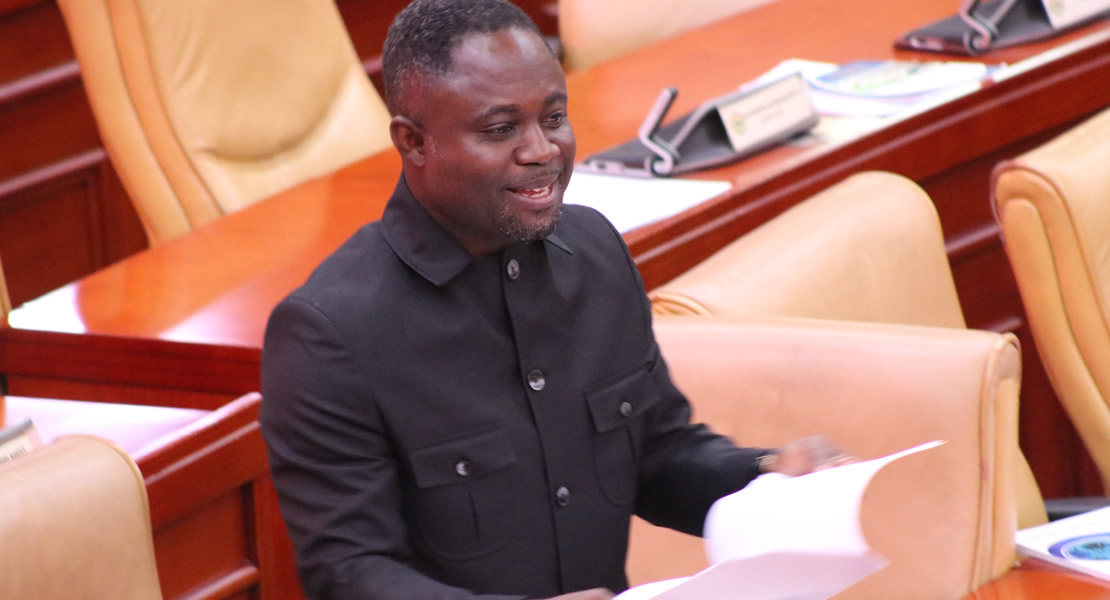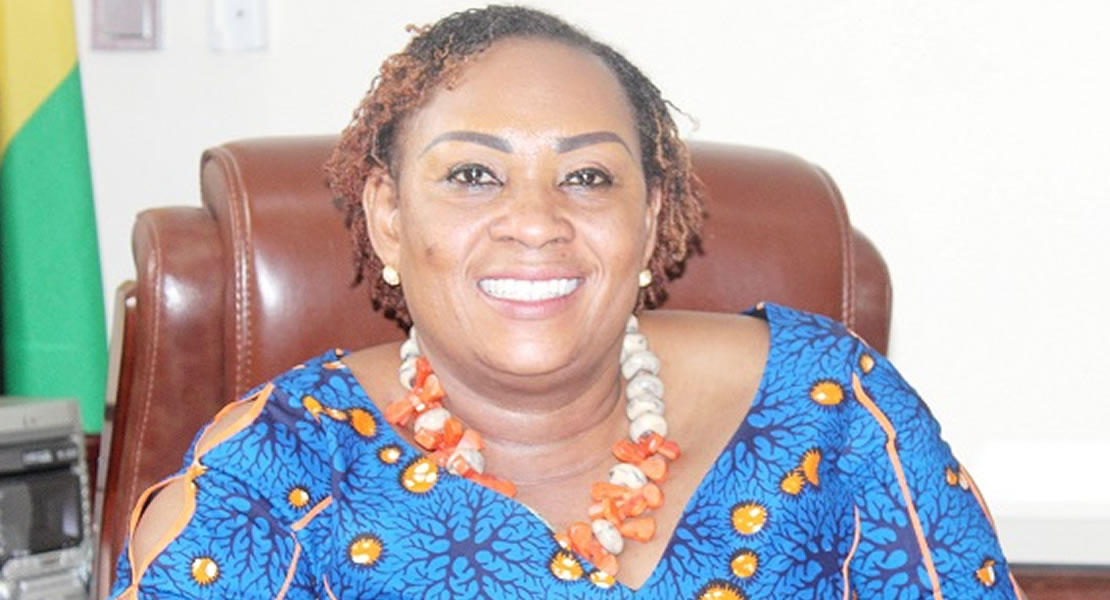Ghana’s journey through its democratic epochs has been marked by the ebb and flow of political tides, with the Majority Leader playing a pivotal role in navigating the parliamentary landscape. From the inception of the Fourth Republic in 1992 to the present day, the Majority Leaders have wielded influence, negotiated alliances, and steered legislative agendas.
2nd Parliament (1999-2001): Kwabena Adjei and the Transition
The 2nd Parliament saw Kwabena Adjei assuming the mantle of Majority Leader from 1999 to 2001. His tenure witnessed the nuances of coalition building and the delicate balance of power within the parliamentary framework. In 1998, Korbly Doe Edward Adjaho emerged as a significant figure in the transition, marking a shift in the political dynamics of the time.
3rd Parliament (2001-2005): Felix K Owusu-Agyapong and the Consolidation
As Ghana moved into the 21st century, Felix K Owusu-Agyapong took the reins of Majority Leadership from 2001 to 2005. His tenure symbolized the consolidation of democratic processes and the refinement of parliamentary protocols. Under his stewardship, the legislature grappled with emerging socio-political challenges, setting the stage for future leadership transitions.
4th Parliament (2005-2009): A.O Aidooh to Papa Owusu Ankomah – Transition Amidst Continuity
A.O Aidooh’s leadership from 2005 to 2009 marked a period of transition, paving the way for Papa Owusu Ankomah to assume the mantle of Majority Leader. This transition highlighted the resilience of Ghana’s parliamentary system, wherein leadership changes seamlessly adapt to the evolving political landscape. Ankomah’s tenure underscored the importance of adaptability and strategic foresight in steering legislative affairs.
5th Parliament (2009-2013): Alban S.K. Bagbin and the Coalition Dynamics
Alban S.K. Bagbin’s tenure as Majority Leader from 2009 to 2013 epitomized the intricacies of coalition politics and the art of consensus-building. His collaborative approach, coupled with the astute leadership of Cletus Aplu Avoka in 2009-2010, navigated the complexities of a multi-party system, ensuring the smooth functioning of the legislature amidst divergent ideologies.
6th Parliament (2013-2017): Benjamin NY Kunbour and the Quest for Reform
Benjamin NY Kunbour’s leadership from 2013 to 2017 witnessed a renewed focus on legislative reform and institutional strengthening. His tenure heralded a period of introspection, as Ghana sought to align its parliamentary practices with global standards of governance. Kunbour’s pragmatic approach laid the groundwork for future advancements in parliamentary efficiency and transparency.
7th Parliament (2017-2021): Osei Kyei-Mensah Bonsu – Navigating Uncertainties
Osei Kyei-Mensah Bonsu’s tenure from 2017 to 2021 unfolded against a backdrop of political uncertainties and shifting power dynamics. His adept navigation of parliamentary intricacies solidified his reputation as a seasoned statesman and consensus-builder. Bonsu’s leadership exemplified resilience in the face of adversity, as Ghana charted its course through turbulent waters.
8th Parliament (2021-2025): Osei Kyei-Mensah Bonsu to Alexander Kwamena Afenyo-Markin – Passing the Baton
Osei Kyei-Mensah Bonsu’s stewardship from 2021 to 2025 witnessed a smooth transition of power to Alexander Kwamena Afenyo-Markin. This transition underscored the institutional continuity and democratic ethos that define Ghana’s parliamentary system. Afenyo-Markin’s ascension heralds a new chapter in Ghana’s legislative journey, as the nation continues its quest for progress and prosperity.
In retrospect, the evolution of Majority Leadership in Ghana’s Fourth Republic reflects the resilience of democratic institutions and the adaptability of political elites in navigating the complexities of governance. As Ghana strides forward into the future, the legacy of its parliamentary leaders will continue to shape the nation’s democratic narrative, inspiring generations to come.
Ghanamps.com/Shang Annang Papa Nii


